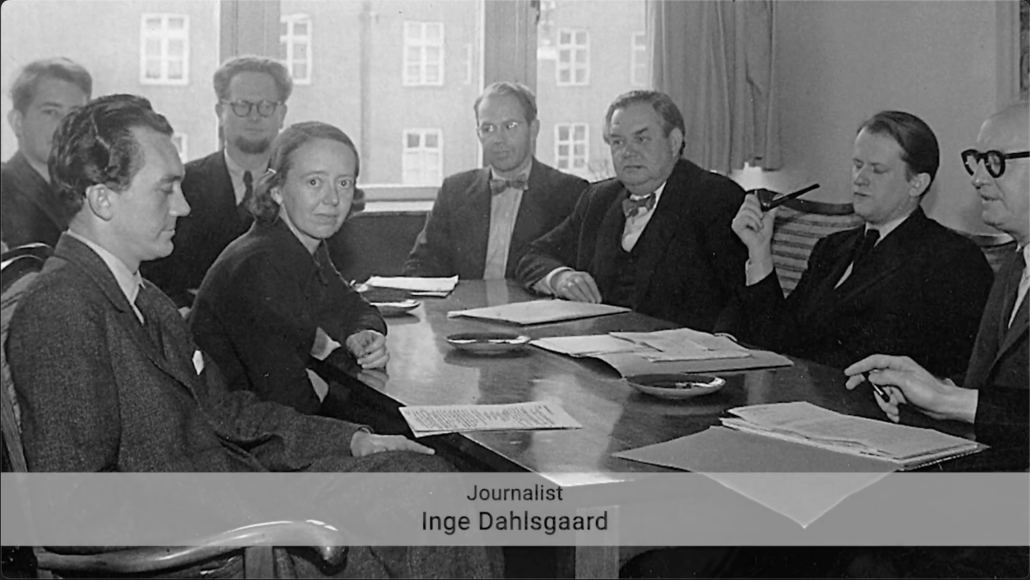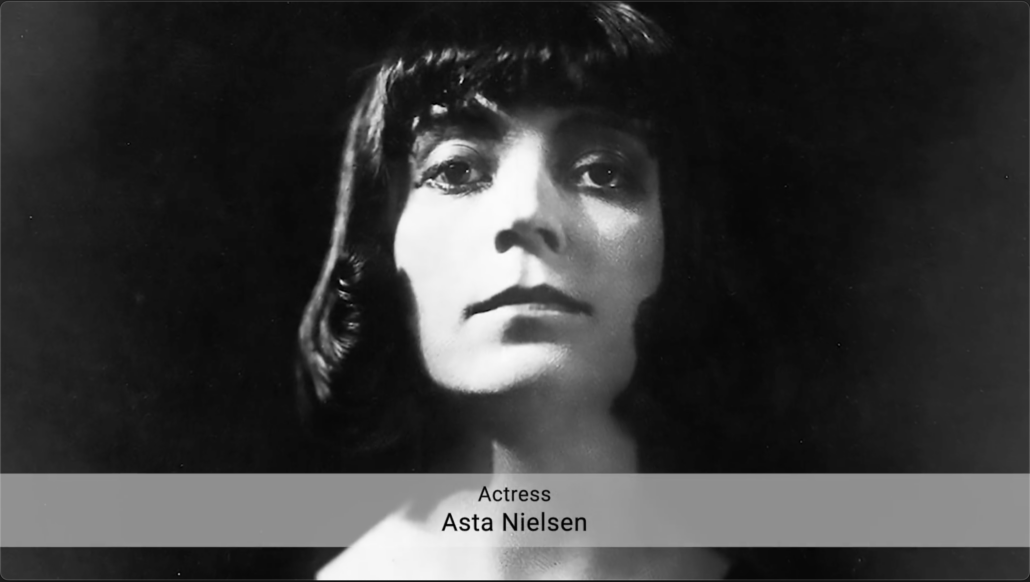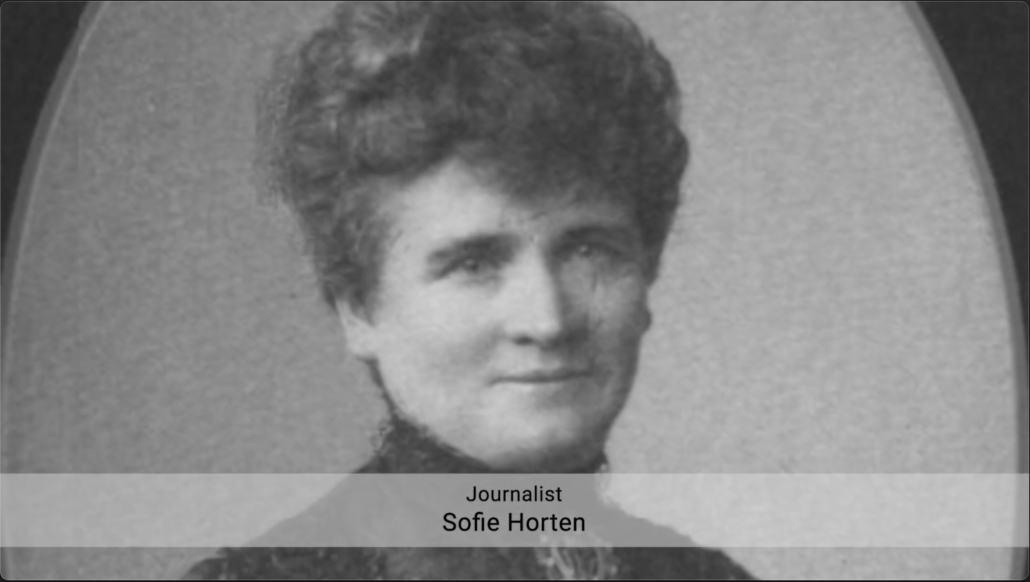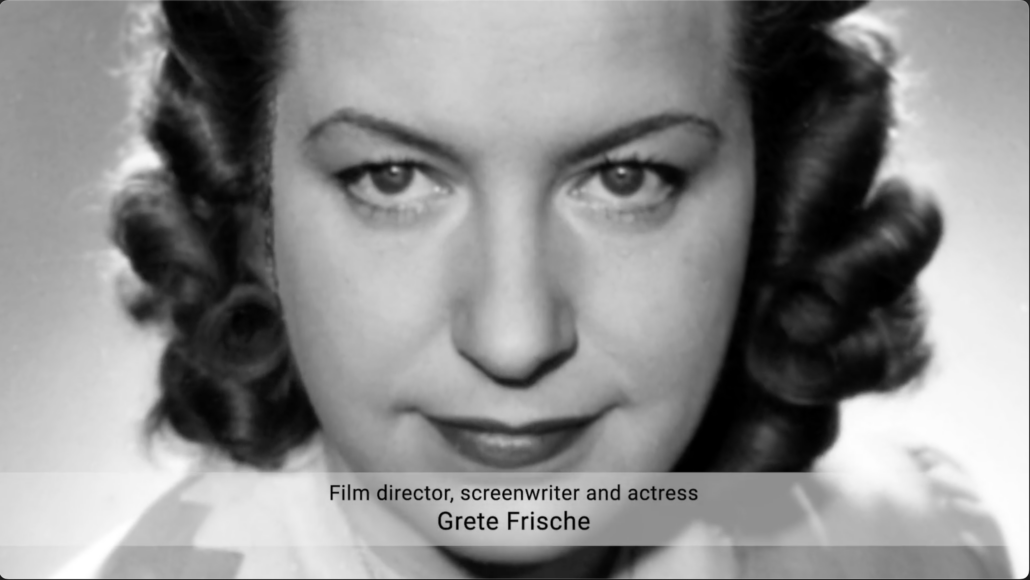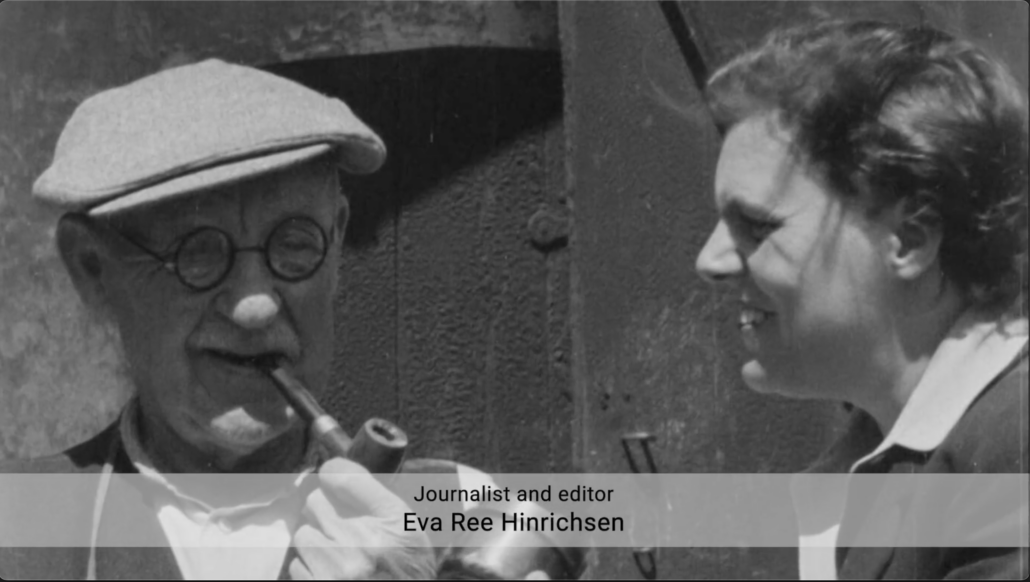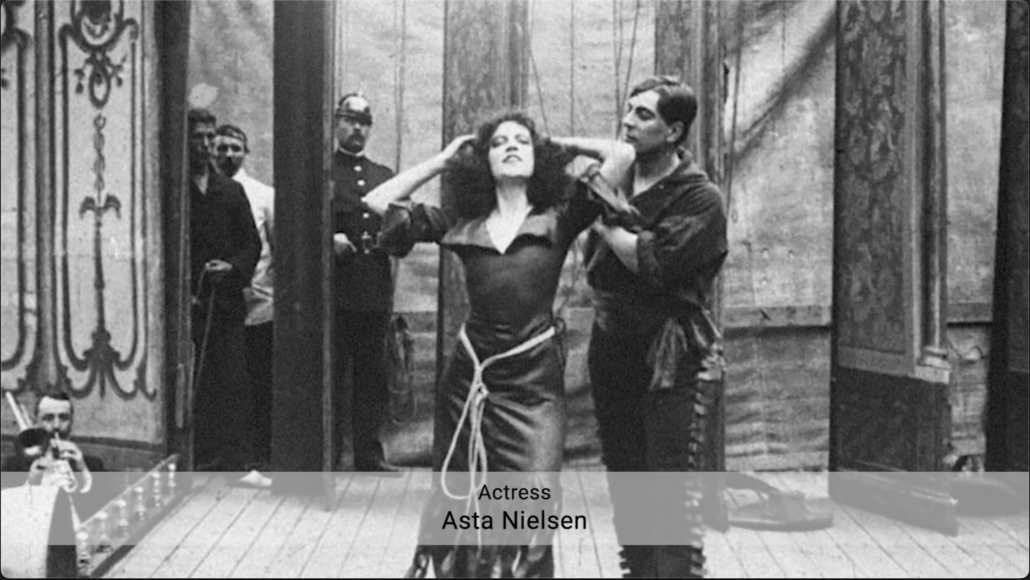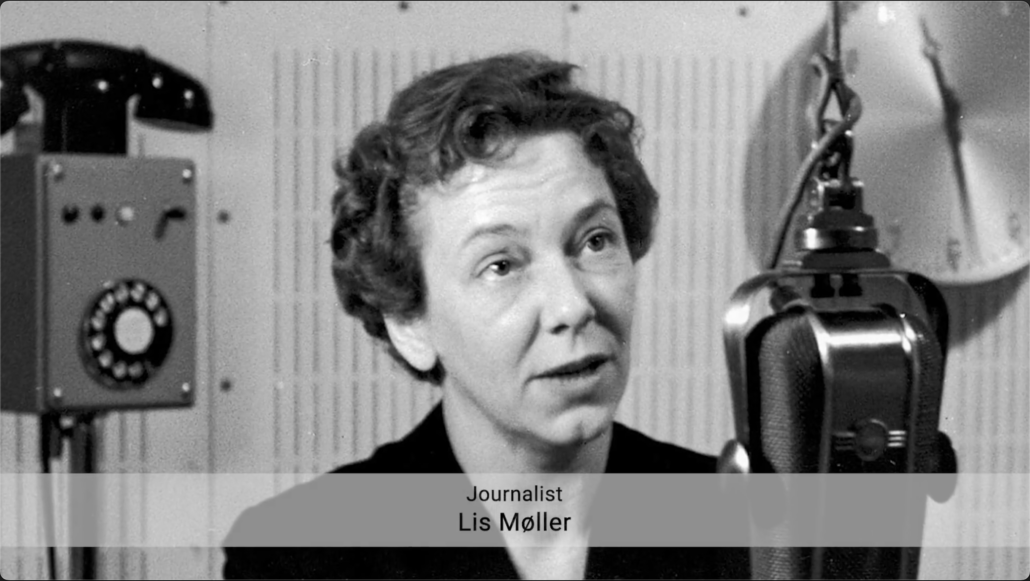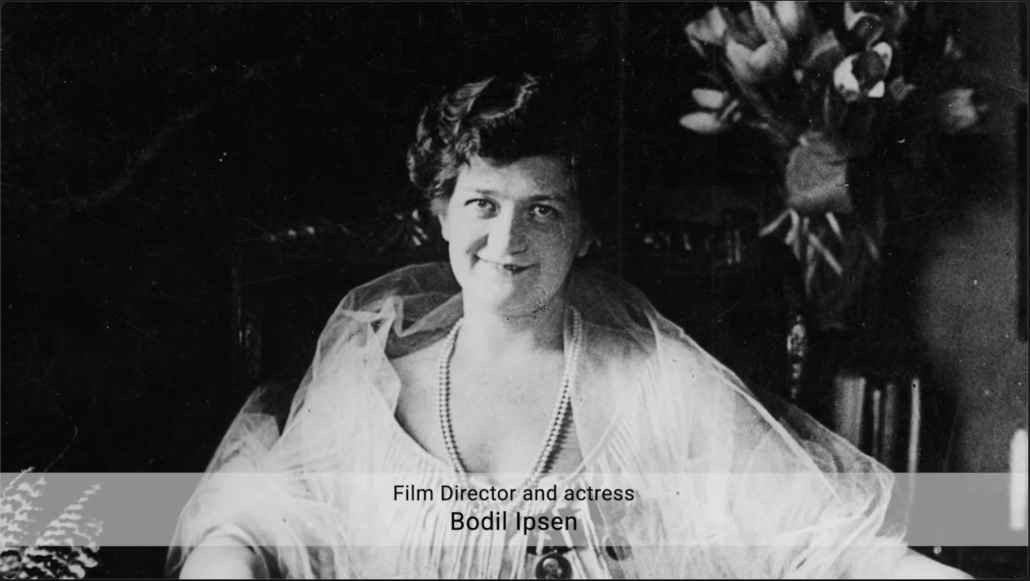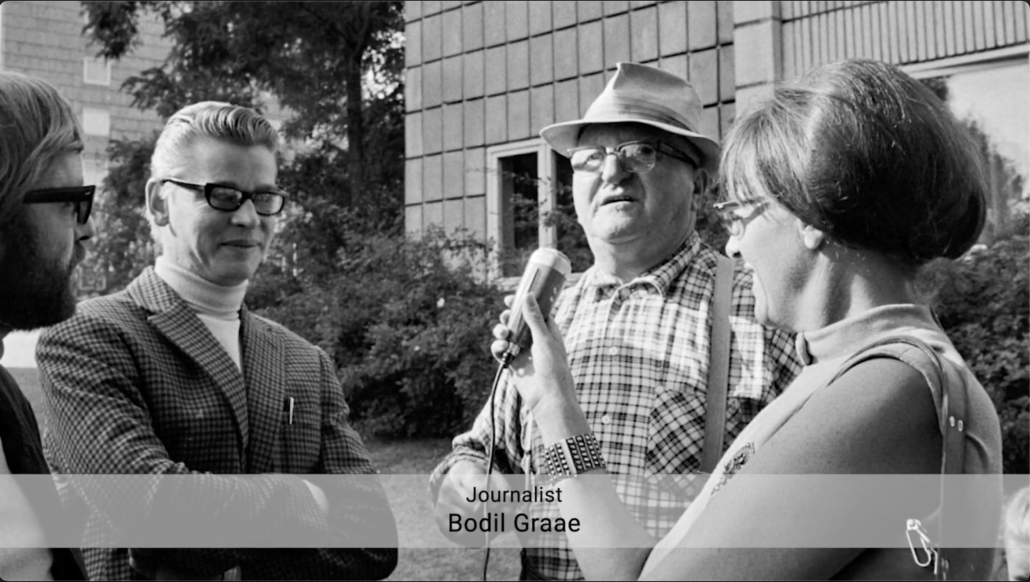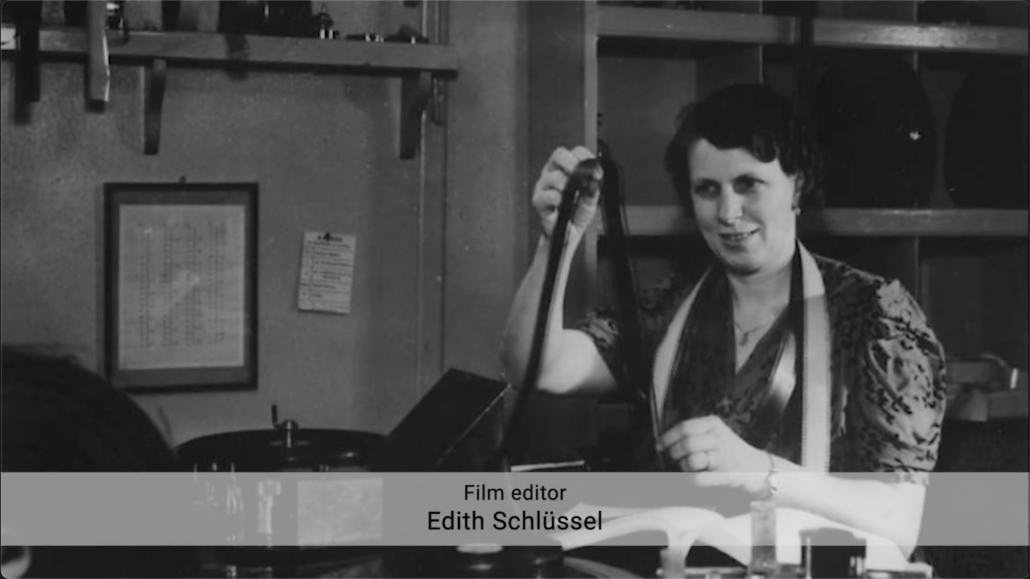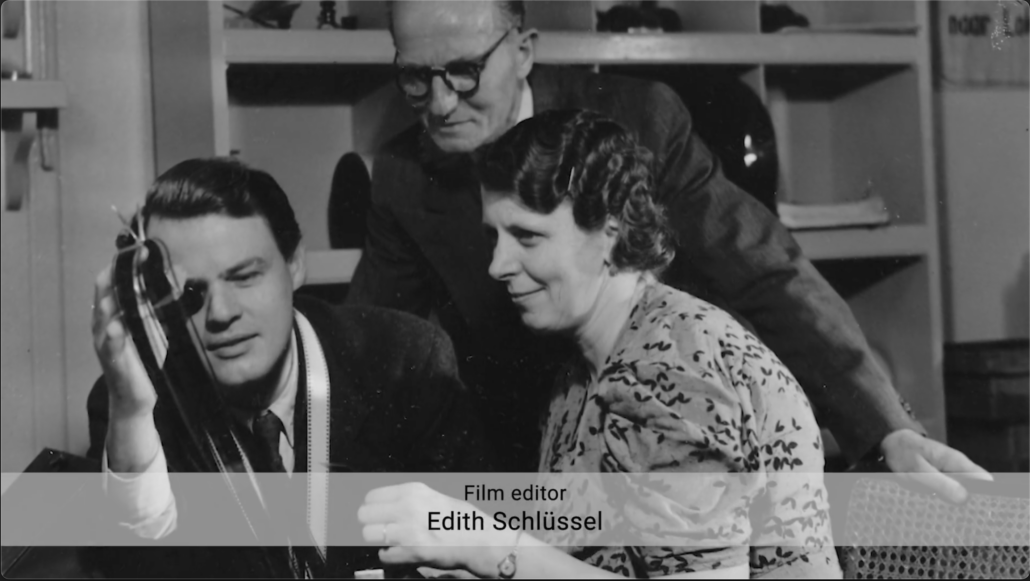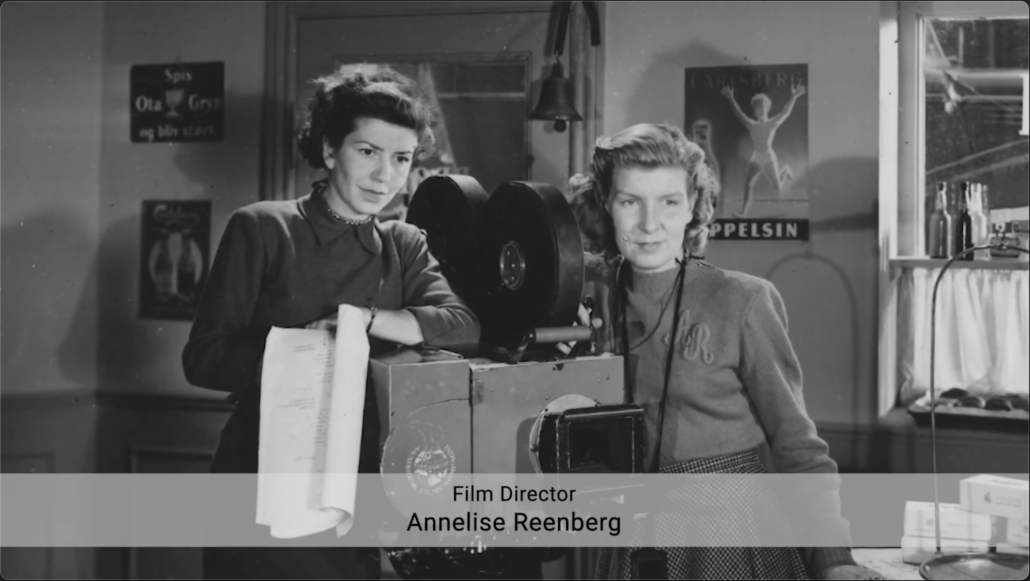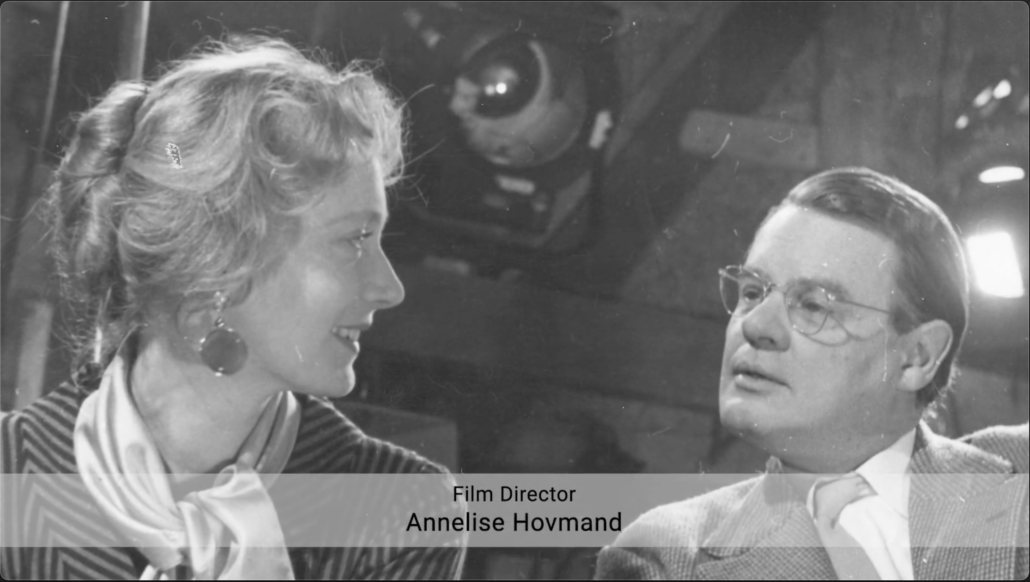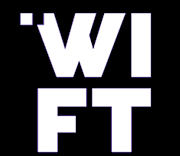WHY WIFT
We live in a media landscape filled with advertisements, radio programmes, films, TV series, podcasts, and articles, all of which influence us. This is where we get our news and entertainment. It’s where we share, discuss, compare, and create a collective understanding of the world. Media is the modern-day campfire – and that is a great responsibility.
New studies frequently show that the reality depicted in films and the media in society is far from reality. WIFT Denmark is a network of strong members working to promote equality, diversity, and inclusion in the film and media industry. We see this as central to a fairer and kinder world.
We work to raise awareness among everyone in the industry about the current state of affairs and what can be done to address imbalances. We do this through education, dialogue, campaigns, and knowledge-sharing. We build networks among our members, host events, and engage in political work.
WIFT Denmark strives to ensure that everyone has equal opportunities to participate in and contribute to the film and media industry, so we can create a media landscape where all voices are heard.
Read more about supporting and participating in our work HERE.

